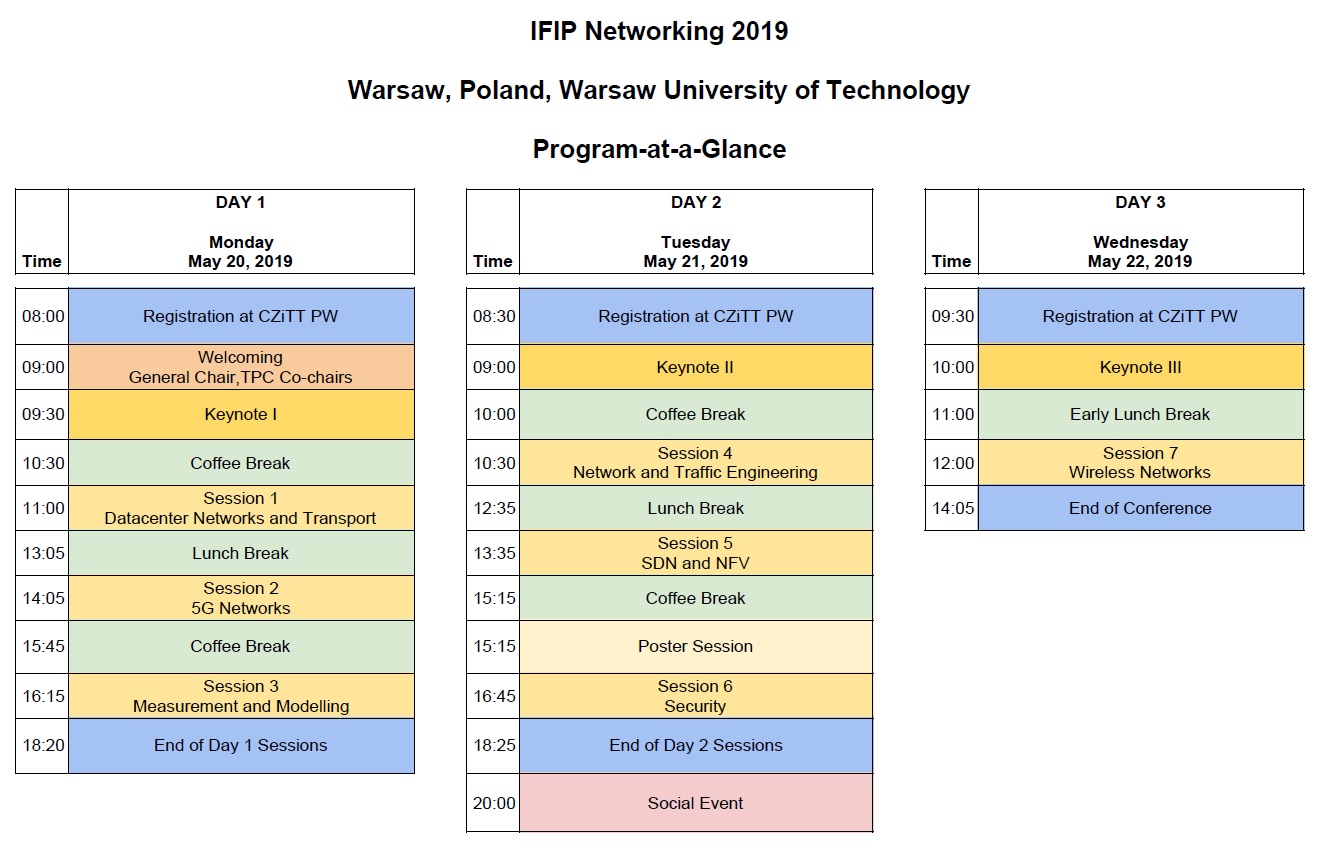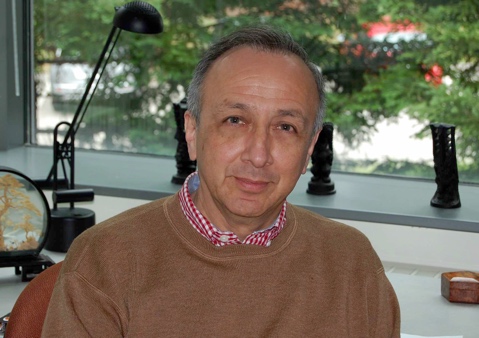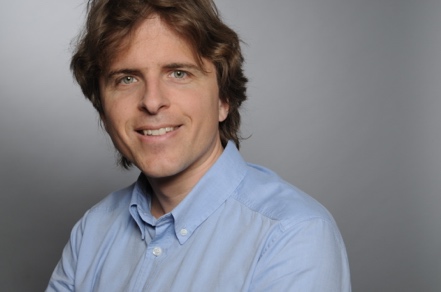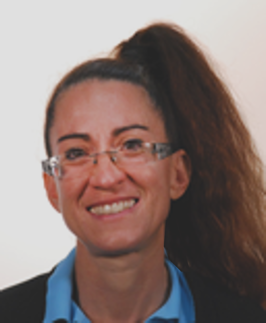Program
Full Program
The Full Technical Program of IFIP Networking 2019 Conference is available here.
All conference papers are available here.
Program-at-a-Glance

The Program-at-a-Glance is also available as PDF. Click here.
The preliminary version of Full Schedule is available here and it will be regularly updated.
Detailed Keynote Information
Keynote I
Topic
"New Research Directions in Routing: Beyond Sequence Numbering, Routing Modalities, and Destination-Based Routing Table"
Presenter
J.J. Garcia-Luna-Aceves
Distinguished Professor of Computer Science and Engineering, UC Santa Cruz
Principal Scientist, Xerox PARC
Abstact
The emergence of large-scale deployments of the Internet of Things (IoT) and distributed cyber-physical systems should renew interest in the design of routing protocols that can operate correctly and efficiently in networking environments where routers may be very small devices and lose routing state, and where messages may be lost or corrupted many reasons. With this motivation, we discuss the limitations of using sequence numbers to ensure loop-free routing, and discuss new approaches to loop-free multi-path routing, a way to attain on-demand and proactive routing dynamically on a per-destination basis, and routing approaches that do not need destination-based routing tables to operate.
Bio
 |
JJ Garcia-Luna-Aceves is a Distinguished Professor of Computer Science and Engineering at the University fo California, Santa Cruz (UCSC). He holds the Jack Baskin Chair of Computer Engineering at UCSC, serves as the UCSC campus director of CITRIS (Center for Information Technology Research in the Interest of Society) and The Banatao Institute, and is also a Principal Scientist at the Palo Alto Research Center (PARC). He is a Fellow of the ACM, IEEE, and AAAS, and is a Corresponding Member of the Mexican Academy of Sciences. He received the 2016 IEEE MILCOM Technical Achievement Award, the IEEE Computer Society Technical Achievement Award in 2011, and Technical Recognition Award from the IEEE Communications Society Ad Hoc and Sensor Networks Technical Committee (AHSN TC) in 2012. He is the co-recipient of the George E. Pake Golden Oak Award from PARC in 2017, and co-recipient of Best Paper Awards at IEEE IPCCC 2018, the European Wireless Conference 2010, IEEE MASS 2008, IEEE MILCOM 2008, SPECTS 2007, IFIP Networking 2007, and IEEE MASS 2005. He directs the Computer Communication Research Group (CCRG) and his research focuses on computer communication in the Internet, wireless networks, information-centric networks, the IoT, and cyber-physical systems. He holds 65 U.S. patents and has published more than 500 papers in journals, conferences, and books. His published work has received more than 37,000 citations and a 99 h-index. He has directed more than 40 Ph.D. theses and more than 30 M.S. theses since joining UCSC in 1993. He has served as the inaugural chair of the ACM Special Interest Group on Multimedia, and as General Chair of numerous conferences, including IEEE ICNC 2016, ACM MSWIM 2015, ACM MobiCom 2008, IEEE SECON 2005, ACM Multimedia '93, and ACM SIGCOMM '88. He has also served as Program Chair of ACM MobiHoc 2002, ACM MobiCom 2000, IEEE Multimedia '92, ACM SIGCOMM '87, and ACM SIGCOMM '86. He has served in the IEEE Internet Technology Award Committee, the IEEE Richard W. Hamming Medal Committee, and the National Research Council Panel on Digitization and Communications Science of the Army Research Laboratory Technical Assessment Board. |
Keynote II
Topic
"Toward Self-* Networks"
Presenter
Stefan Schmid
Full Professor at the University of Vienna, Austria
Abstract
Communication networks are becoming increasingly flexible, along three main dimensions: routing (enabler: software-defined networking), embedding (enabler: virtualization), and topology (enabler: reconfigurable optical technologies). This introduces great optimization opportunities but also new challenges, e.g., related to a more complex network management and operation. In this talk, I will sketch a vision of "self-* networks": networks which optimize and repair themselves in a more autonomous manner, disburdening human operators of their most difficult tasks. I will illustrate self-adjusting networks using two case studies: (1) a network which performs automated what-if analysis to efficiently test the policy-compliance of it configurations, even under failures; and (2) a demand-aware network which optimizes itself toward the workload it serves, in an online and self-adjusting manner. I will then discuss some fundamental research challenges introduced by such self-* networks more generally, and ask: what are the risks and limitations of such networks? And can self-* networks realize themselves when they reach their limits?
Bio
 |
Stefan Schmid is a Full Professor at the University of Vienna, Austria. MSc and PhD at ETH Zurich, Postdoc at TU Munich and University of Paderborn. Senior Research Scientist at T-Labs in Berlin, and Associate Professor at Aalborg University, Denmark. Stefan Schmid received the IEEE Communications Society ITC Early Career Award 2016. |
Webpage: https://www.univie.ac.at/ct/stefan/
Keynote III
Topic
"User-centric Privacy & Security in the Networked World"
Presenter
Prof. Silvia Giordano
Head of the Networking Lab (NetLab)
Institute of System for Informatics and Networking (ISIN)
University of Applied Science and Arts - SUPSI in Ticino, Switzerland
Abstract
The Networked World is enabling a new service-rich world. However, it is also opening new paths for data leakage, data breach, and data phishing. We need to take a fresh look at the data privacy space by considering a user-centric approach. It has to be user-centric by considering user behaviours and the user context in order to teach them to improve security and privacy, and realize so privacy preserving data collection and processing. It has also to increase users awareness, data transparency and control. Users need to be informed about the data that are being collected in a user-friendly manner, and must have the option to oppose to them. This further generate a problem of Quality-of-Service, as in many scenarios there is a trade-off between guaranteeing privacy and performance. We are going to analyze some scenarios and possible solutions, and discuss how this can impact on our society.
Bio
 |
Prof. Silvia Giordano holds a PhD from EPFL, Switzerland. She is currently the head of the Networking Lab (NetLab) in the Institute of System for Informatics and Networking (ISIN), responsible for the Digital Complex Systems area and research direction member at the University of Applied Science and Arts - SUPSI in Ticino, Switzerland. Since October 2001, she is an associate researcher at CNR, Pisa. Since 2018 she is ACM Distinguished Members Committee. In 2017 she received the Stars in Computer Networking and Communications of ACM. In 2015, she received the 1000 Talents of Tianjin Municipality. In 2014 she was awarded ACM Distinguished Scientist and became Distinguished professor of the University of Tianjin. In 2013, she became ACM Distinguished Speaker. She is co-editor of the book (IEEE-Wiley 2004), and a new edition, with title (IEEE-Wiley 2013). Her main research interests are Complex and Social Networking, Wireless and Mobile Ad Hoc Networks, Opportunistic Computing and Networking, Human Mobility, Pervasive Computing and Networking, Quality of Service and Traffic Control. She has published extensively on journals, magazines and conferences in the areas of quality of services, traffic control, wireless and mobile ad hoc networks, and her H-Index is 39. She is series editor of several important publications in her areas of interest. She is in the organization of the major conferences in her areas of interest and is co-founder/steering committee member of several important international events and is/was on the executive committee and TCP of the most relevant international conferences. She is a senior member of ACM, IEEE Computer Society, and IFIP WG 6.8. She is in the Board of the ACM N2Women. |
